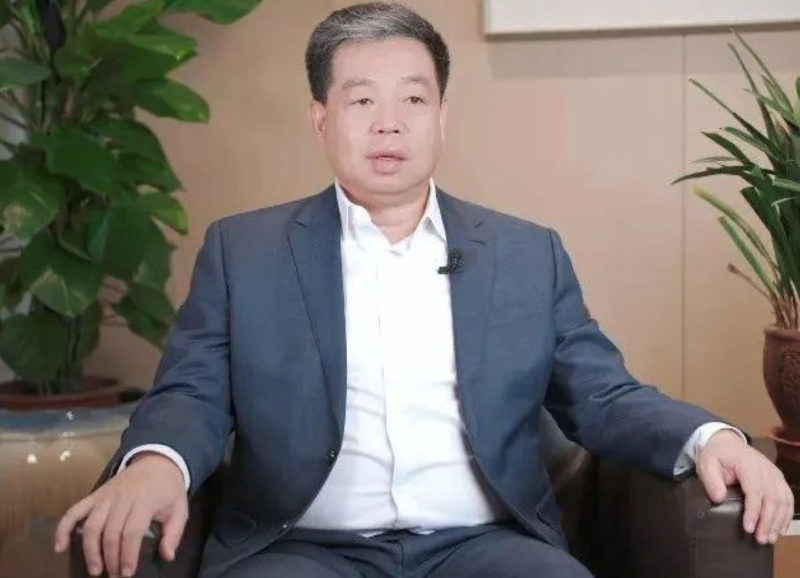Wang Linpeng, also the CEO of the country’s largest home furnishings retailer, was reportedly the subject of an official investigation
BEIJING — Multiple news organizations in China are reporting the suicide of Wang Linpeng, chairman and CEO of Beijing-based Easyhome, the country’s largest home furnishings retailer and China’s eighth largest consumer products company.
Easyhome reported $1.8 billion in revenues last year, down 4% from the previous year. Net profit for 2024 fell by nearly a third to $122.4 million.
Wang died just four days after being released from a three-month detention, which was related to an investigation by Chinese authorities in Wuhan and about which little is known. According to one news outlet, Yicai Media Group, detention is a measure “usually imposed on individuals suspected of serious job-related offences or crimes,” such as corruption and embezzlement.

Social media accounts report Wang jumping to his death at home in Wuhan, but that detail is omitted in most of the news reports. One news account, Futu News Network, did state that the billionaire had jumped to his death from his attic. Wang was 57.
Share prices in Easyhome, which is backed by Alibaba, among others, slid last week on news of Wang’s death. The company’s stock has dipped more than 17% so far this year.
Easyhome owns 407 furniture malls, four shopping malls, four department stores and 165 supermarkets, according to Yicai. Wang has had a controlling interest in the company since 2015. He was sent to Easyhome in 1998 by the state-owned firm in Wuhan for which he worked with a mission of turning the chain around.
Wang is the fifth prominent Chinese executive to jump to his death since mid-April and the second in the home furnishings sector in less than a month, according to CTOL Digital Solutions, which presents a chart of the five suicides. Three of the five were in their 50s.
Wang grew Easyhome to $17 billion last year from $1.4 billion in 2015, taking the company public in 2019. Backers of Easyhome also include Sequoia Capital, a venture capital firm, and Taikang Insurance Group.
Easyhome’s board of directors elected Wang Ning, director and executive president, to assume the duties of chairman, legal representative, CEO and chair of the board’s Global Strategy and Investment Committee and Budget Committee, according to Futu News Network, an extension of the global investor services company Futu.
While details of the investigation and detention are few, both could be connected to the IPO. According to Yicai, Easyhome went public in a deal tied to Wuhan’s state assets manager. The move led to questions over whether the deal “led to the loss of state-owned assets and whether the valuation was reasonable,” according to the Chinese news outlet.
When Wang was detained by Wuhan authorities in April, his 372 million shares in Easyhome were frozen, according to Yicai.
As for a lot of home furnishings companies, 2020 was a difficult year for Easyhome. Profits began to slide just as the property market entered a prolonged slump. The chain began shouldering more debt. Alibaba provided relief with a $546 million investment in return for stock, according to Caixin Global. Alibaba first invested in Easyhome in 2018.
At the time of the Alibaba stock swap, Easyhome told news media that it was raising the capital “as part of an exercise to strengthen its financial position in the face of challenges created by the Covid-19 outbreak, which put a serious damper on retail buying in the first half of the year in China.”
Wang is credited with spearheading a digital transformation at Easyhome. For that effort, according to Caixin Global, he live-streamed product promotions under the nickname, “Old Wang Won’t Lie Flat.”
Earlier this year, Wang committed Easyhome to purchasing 10,000 robots from UBTech Robotics to sell to consumers, according to the South China Morning Post. At least 500 humanoid robots were headed into Easyhome stores to “enhance the customer shopping experience,” according to Easyhome.





In reality, all companies in China are owned by the government. All the other is a front to make people think they have freedom to do business. Any money you pour into a Chinese through buying stock is a joke, it is all controlled by Beijing